Google settles its $5 billion privacy lawsuit over Incognito Mode tracking

A class-action lawsuit against Google Chrome's Incognito mode tracking was filed in June 2020. The plaintiffs claimed that Google was using cookies, analytics and tools on Google and non-Google websites to track user behavior on the Internet, even with the private browsing mode active.
The lawsuit covered two scenarios. The first covered Chrome users with Google accounts who accessed non-Google websites while in Incognito Mode that contained Google tracking or advertising code.
The second covered Microsoft Edge, Internet Explorer and Apple Safari users who used their browser's private browsing mode with a Google account to access non-Google websites that contained tracking or advertising by Google.
Google operates analytics or advertising on the majority of Internet sites. DuckDuckGo estimates that Google's reach is at over 93%. In other words, out of 100 sites you visit, on 93 you will encounter Google tracking. While percentages vary, a 2020 analysis saw Google trackers on 86% of the top 50k websites of the planet, it is a dominating lead over any other tracking firm on the planet.
Incognito Mode, also called private browsing mode in other browsers, is a special browsing mode. It prevents the recording of some data when it is active. The browsers do not store visited sites in the browsing history, cookies or cached data or data entered into forms.
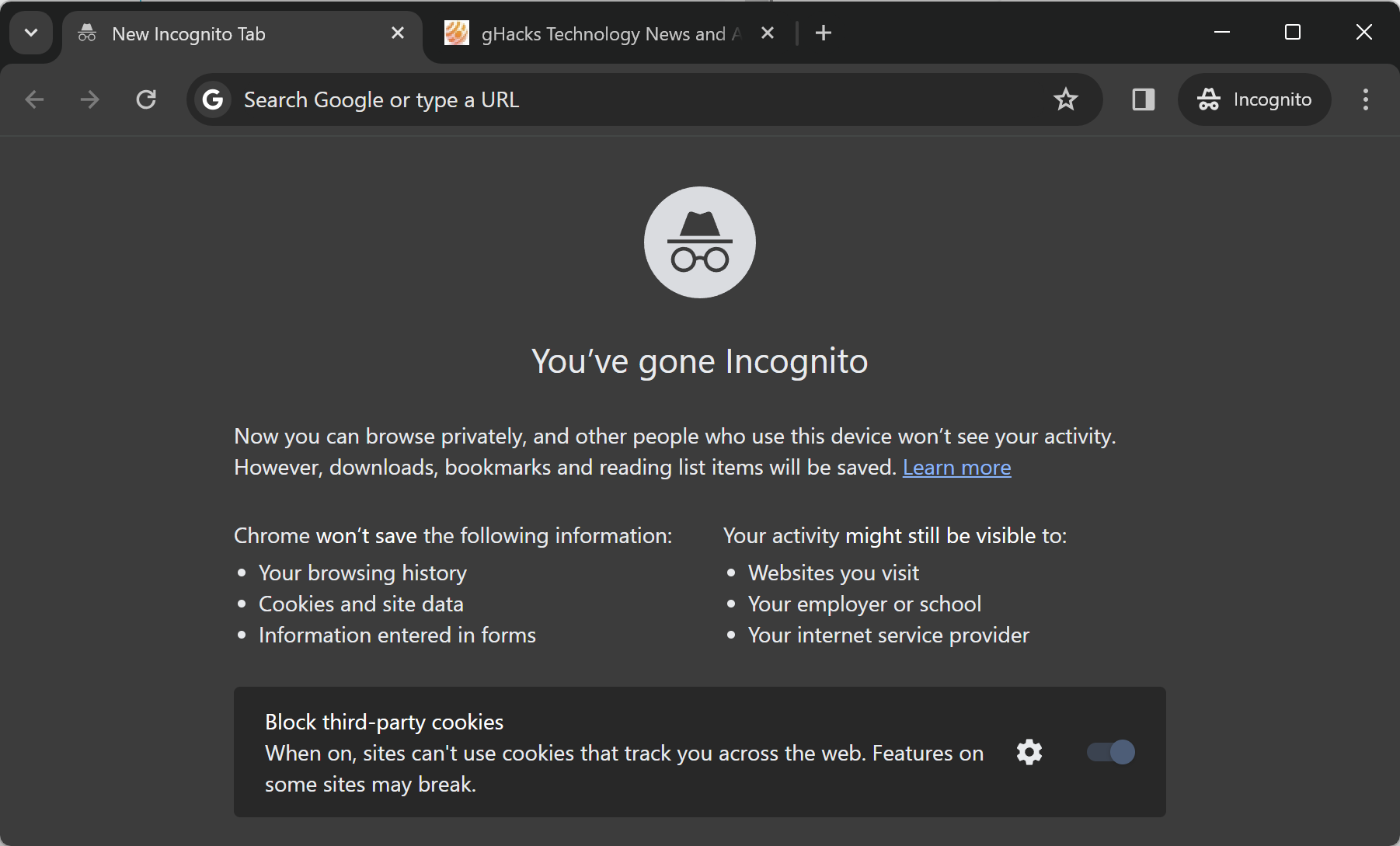
Chrome users may start Incognito Mode by selecting Menu > New Incognito Window, or by using the shortcut Ctrl-Shift-N (on Mac Command-Shift-N).
Google does note that the web activity may still be viewed by the visited websites, the network or Internet provider.
Incognito Mode therefore protects a user's local privacy only. It does nothing against Internet tracking or spying, unless additional safety measures, such as content blockers, are also used.
The lawyers for Google and the plaintiffs have reached a preliminary settlement. This put the scheduled trial on February 5th, 2024 on hold.
The consumer lawyers have sought at least $5 billion from Google and at least $5000 in damages per user. The settlement terms were not disclosed.
Google has not changed the Incognito Mode startpage of the Chrome browser since at least 2018. It states there in clear terms that activity may still be monitored, even while in the mode. What it fails to reveal is that it is one of the main trackers on the Internet.
Closing Words
Incognito Mode or private browsing modes serve just a single purpose for the user: to hide certain visited sites from the browsing history and other caches of the browser.
It is useless for online privacy, unless a content blocker is also used, but that is also true for the regular browsing mode then.
Now You: do you use private browsing modes?



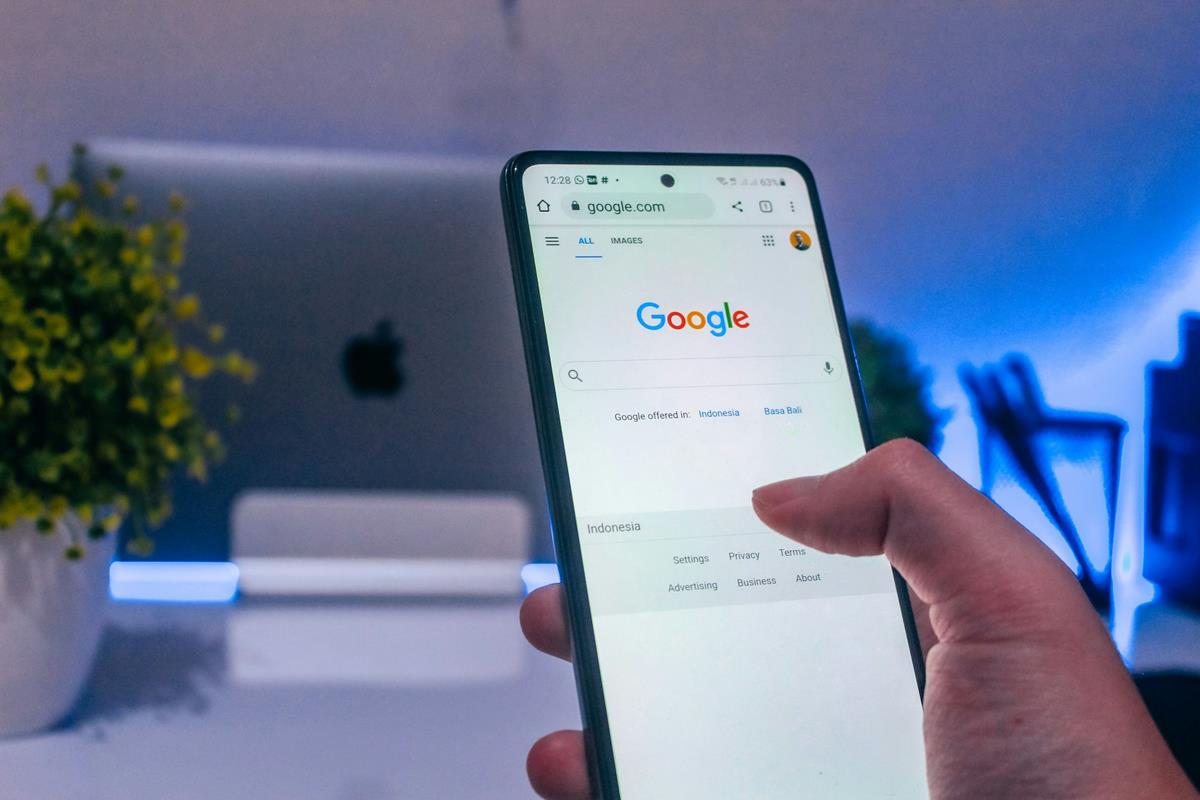
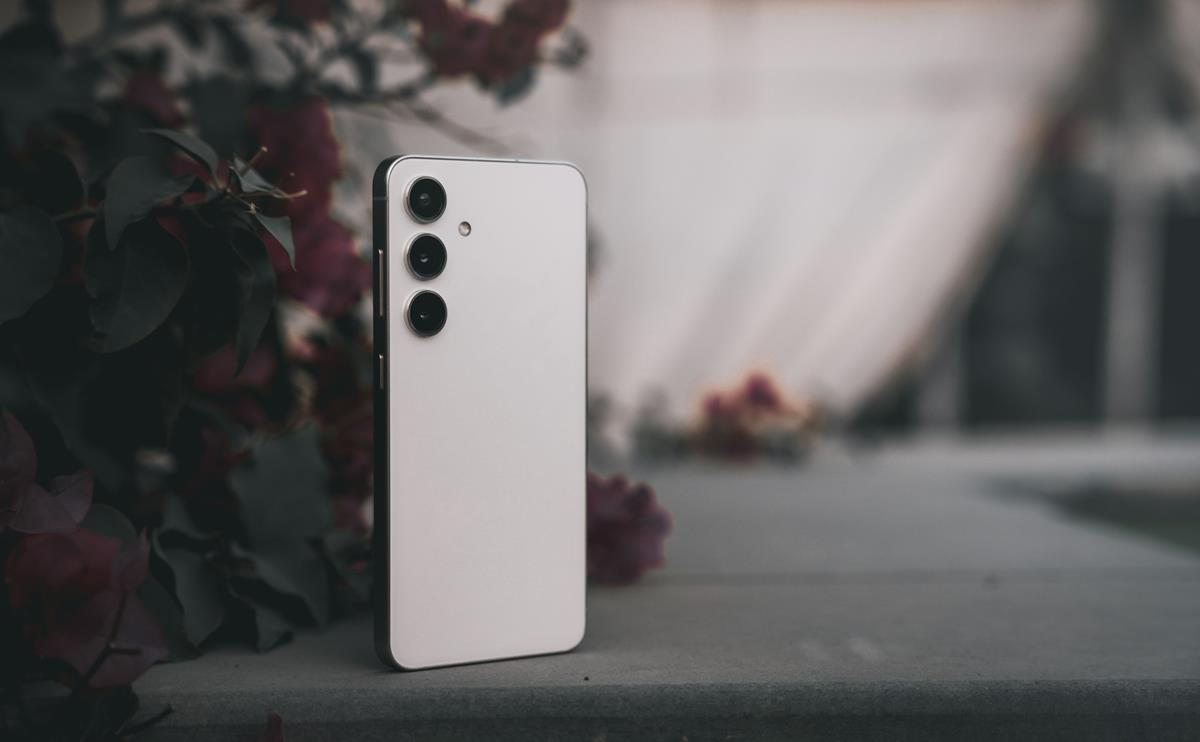
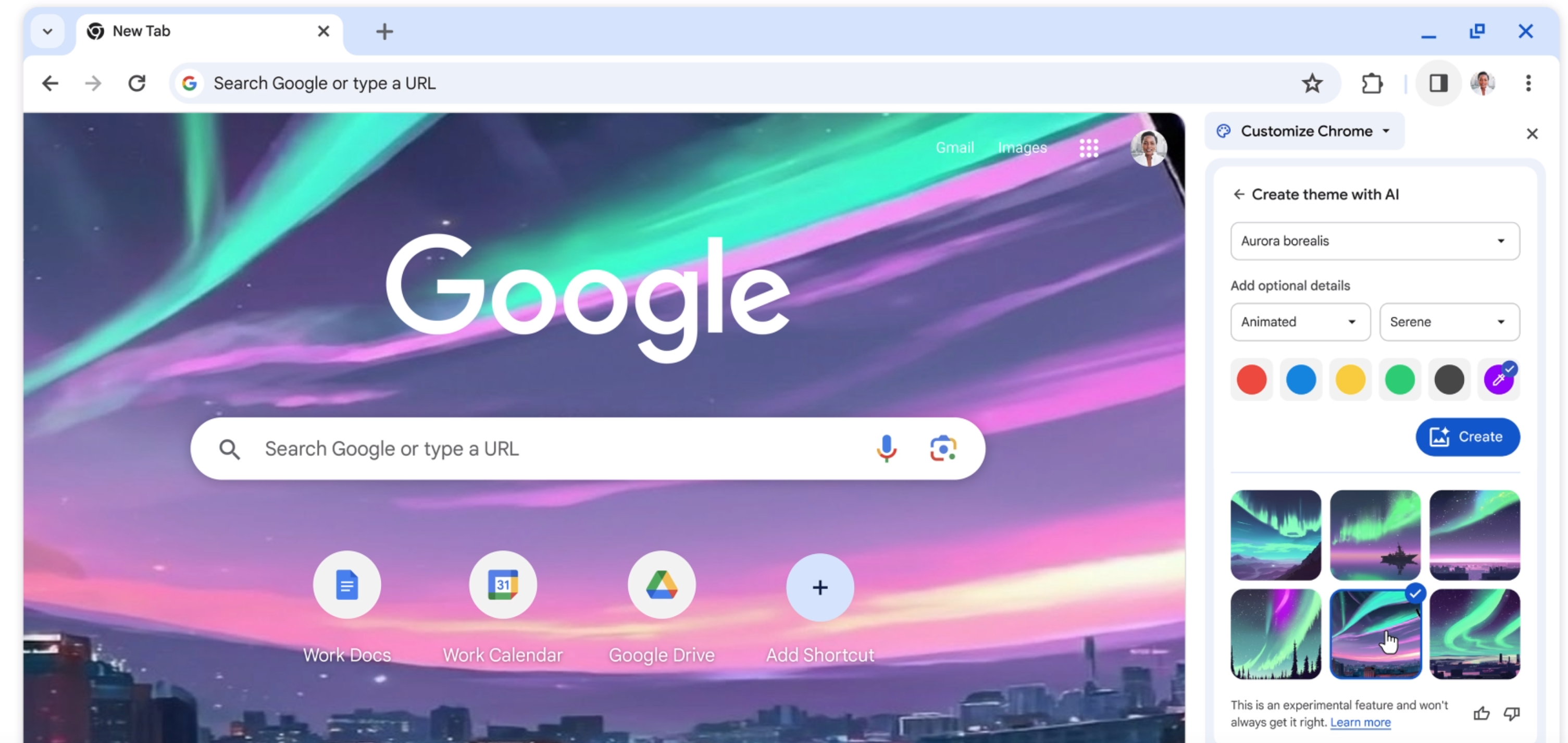









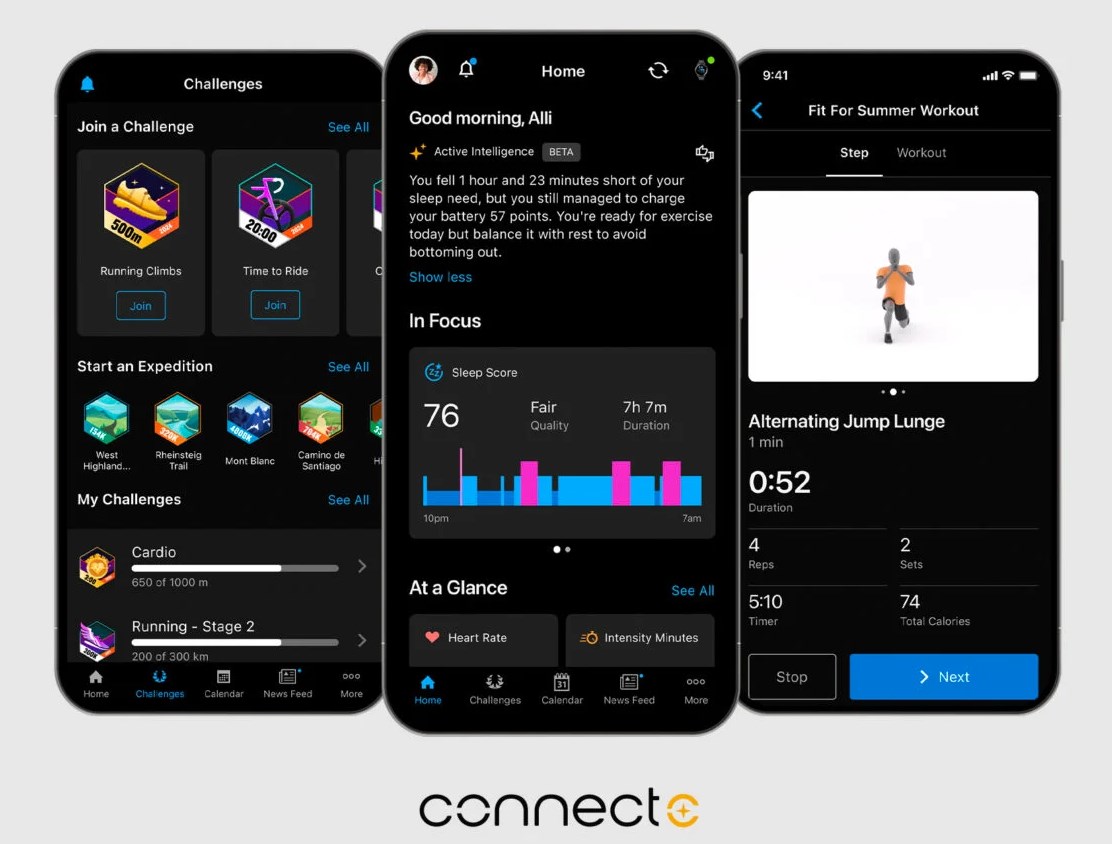


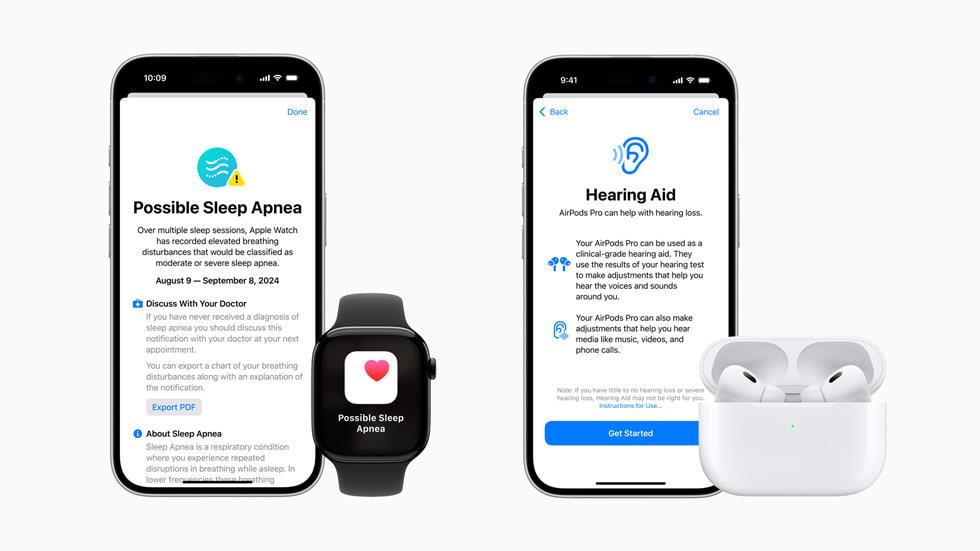


Firefox chads have containers, which is thousands times better than Private Browsing.
Google being lowlifes yet again.
Chrome’s Incognito mode also deactivates all extensions by default. So it’s a good idea to use it for sensitive apps like online banking.
“[…] Google does not[e] that the web activity may still be viewed by the visited websites …”
Welcome to big tech. There isn’t a “no” option, and if there was, companies would ignore it, tell you the tracking is for your own good, and just pay the trivial fines and carry on their way.
“Do you use private browsing modes?”
I rarely use Chrome or Edge, only Firefox. Sometimes, most likely because of privacy extensions, a site won’t load correctly, or a form won’t work; then, I open the link in a “New Private Window” which uses far fewer extensions.
Infrequently, that won’t work either, so I open Chrome or Edge and see what happens. Firefox can be rather fickle with some websites. Oddly enough.
Google–“What it fails to reveal is that it is one of the main trackers on the Internet.”
I smile–well, of course!
I don’t use the incognito mode (“Private Browsing” here on Firefox), never have, and have disabled it accordingly :
// disable PB (Private Browsing) autostart & new indicator/logo
pref(“browser.privatebrowsing.autostart”, false);
pref(“browser.privatebrowsing.enable-new-indicator”, false);
pref(“browser.privatebrowsing.enable-new-logo”, false);
Google services are replaced by alternatives, its servers blocked system-wide yet not all of them when it comes to the browser in order to let redirections to capture the attempted connections, i.e. with the ‘LocalCDN’ extension.
Several privacy extensions, uBO of course and when it comes to storage, ‘Cookie Autodelete’ and more recently the ‘Temporary Containers’ extension (which requires some tuning but then runs like a charm).
Back to Google, specifically. In the beginning, long time ago, I remember considering then Google as a guru, a savior, a friend. Evidence of the company’s intrusion led me to a U-turn. I advise anyone in my environment to consider what is explicitly and rationally exposed, explained at [https://www.googlewatchdog.com/]